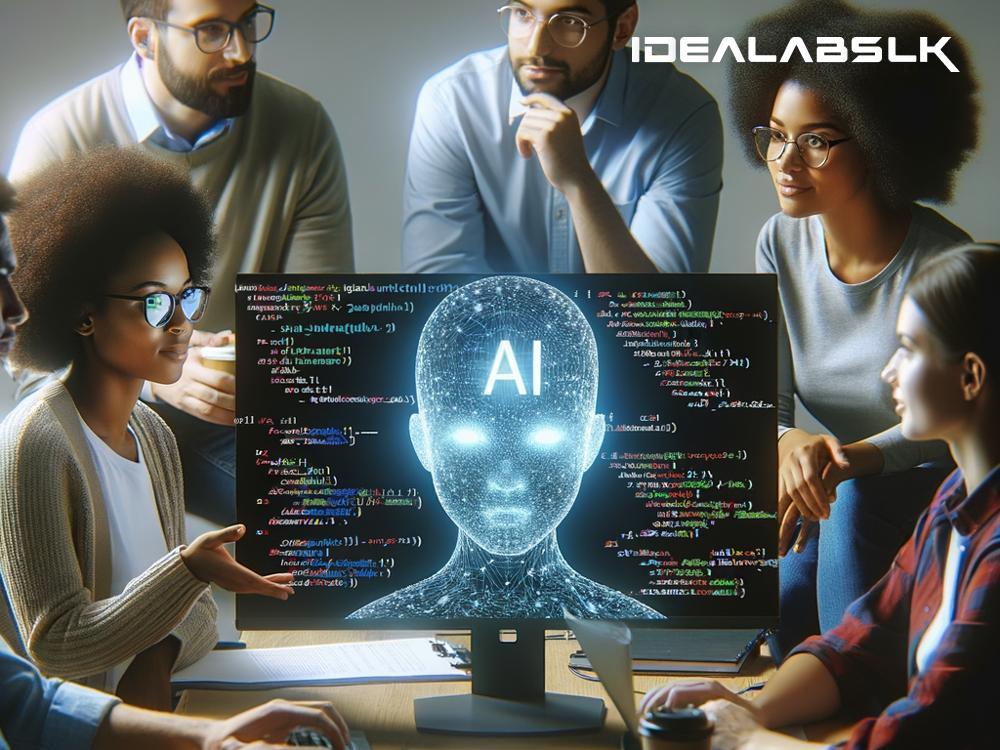Title: The Future of Gaming: How AI Will Revolutionize Localization and Translation in 2024
The world of video gaming is more global today than it ever was. Gamers from all corners of the globe eagerly await the release of new titles, expecting not just top-notch gameplay but also a seamless experience in their own language. This expectation has set a high bar for game developers, especially when it comes to game localization and language translation. However, the future looks promising, thanks to artificial intelligence (AI). As we move into 2024, let's explore how AI is set to assist in these tasks, making the gaming experience more inclusive and enjoyable for players worldwide.
Understanding the Need for Localization and Translation in Games
Before we dive into the role of AI, it’s important to understand what game localization and translation involve. Localization is not just about translating the text from one language to another. It's about adapting the game for a particular cultural context. This includes modifying graphics, adjusting content to suit local sensitivities, and even altering gameplay mechanics to better suit the preferences of different audiences.
Translation, on the other hand, focuses on converting the game’s text and dialogue from the source language into multiple target languages. Both aspects are crucial in ensuring that players around the world can fully understand and appreciate a game.
AI to the Rescue
Meeting the demands of localization and translation manually is a Herculean task. It's not only time-consuming but can also escalate costs significantly. Fortunately, AI is set to change this narrative in 2024 and beyond.
Speedy Translations
AI-powered tools and software are getting better at understanding and processing natural language. This means they can translate massive volumes of text in a fraction of the time it would take human translators. For game developers, this translates to significantly reduced time-to-market for their international releases. Faster translation means that gamers around the globe can enjoy new titles simultaneously, fostering a more connected global gaming community.
Enhanced Accuracy
One of the main concerns about relying on AI for translation has been accuracy. However, with advancements in machine learning algorithms, these tools learn from their mistakes. By feeding them with vast amounts of correctly translated text, the AI systems continuously improve, reducing errors over time. In 2024, expect to see AI translations that are not just fast, but also remarkably accurate, capturing the nuances of different languages and dialects.
Cultural Nuances and Adaptation
AI is not just learning languages; it's learning cultures. Developers are training AI systems to recognize and adapt to cultural nuances, a process that is essential for effective game localization. This means AI can assist in making subtle changes to a game, ensuring it respects and appeals to local norms and values. For instance, an AI system might suggest changing a game's color scheme to avoid colors associated with mourning in a particular culture.
Keeping Costs Down
Developing a game for the international market is expensive, mainly due to the costs associated with localization and translation. By automating much of the repetitive work, AI can significantly reduce these costs. This is great news for smaller game studios that previously found the global market inaccessible. Cheaper localization and translation processes mean more games can be introduced to new markets, increasing diversity and options for players across the globe.
A More Immersive Gaming Experience
As AI becomes more adept at understanding context, it can provide translations that are not just accurate but also keep the original tone, humor, and emotional impact intact. This leads to a more immersive gaming experience for non-English speaking players, who can enjoy the game as it was intended by the developers. Furthermore, AI can assist in voice-over translations, offering dubbed versions of the game in multiple languages, a feature that was once limited to blockbuster titles due to the high costs involved.
The Human Touch
Despite these significant advancements, the role of human translators and localizers is not diminished. Instead, AI will serve as a powerful tool in their arsenal, handling the heavy lifting and allowing them to focus on creative aspects that AI cannot replicate. Their expertise will be crucial in supervising AI, ensuring the translations meet the highest quality standards, and making adjustments that only a human eye can catch.
Conclusion
As we look forward to 2024, the future of game localization and translation looks bright with AI set to play a starring role. By making these processes faster, more accurate, and cost-effective, AI is opening up the world of gaming to a wider audience. The result will be a more inclusive, diverse, and vibrant global gaming ecosystem that welcomes players from all cultures and languages. Thanks to AI, the next chapter in the story of video gaming is set to be its most exciting yet.

